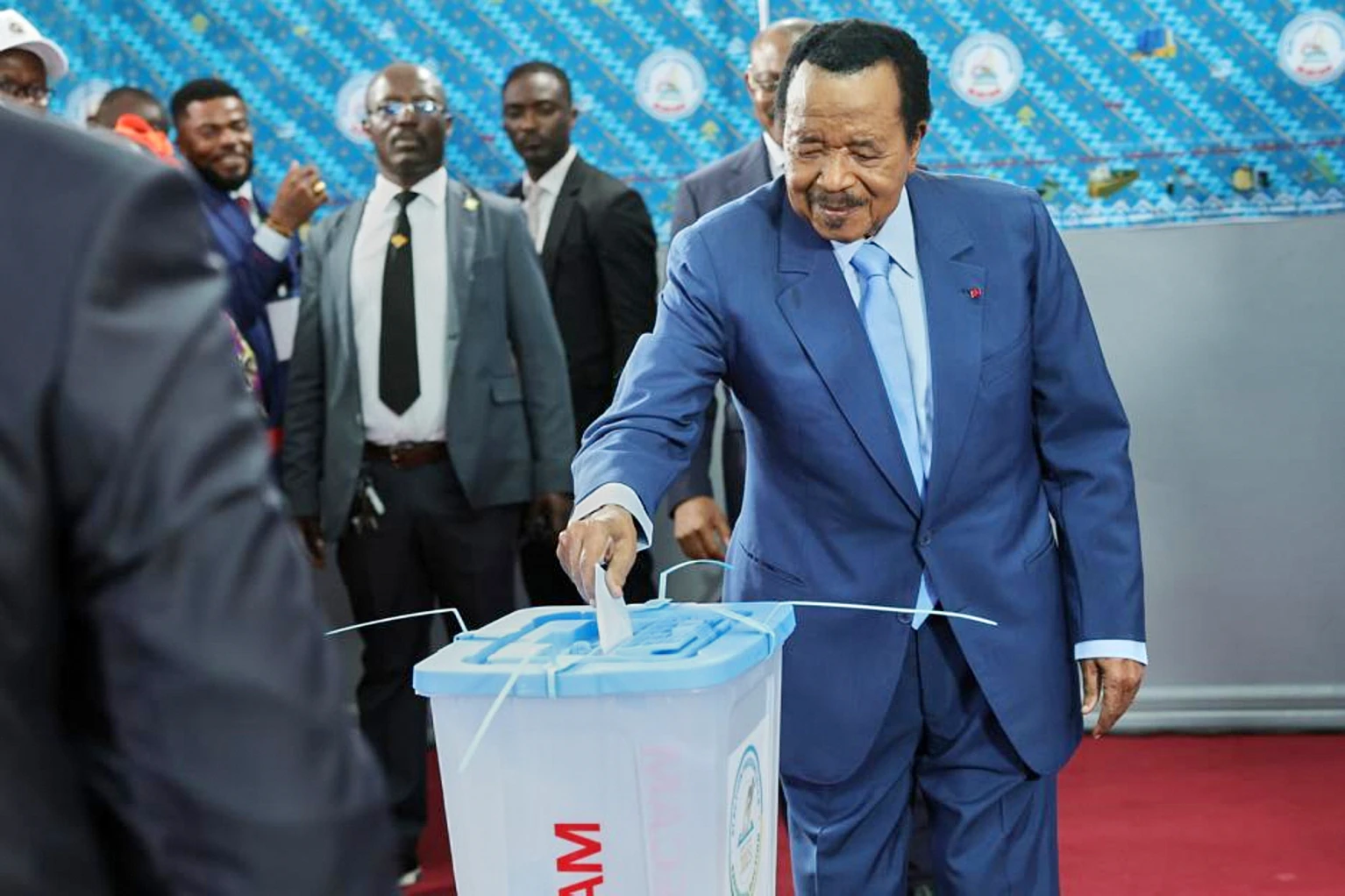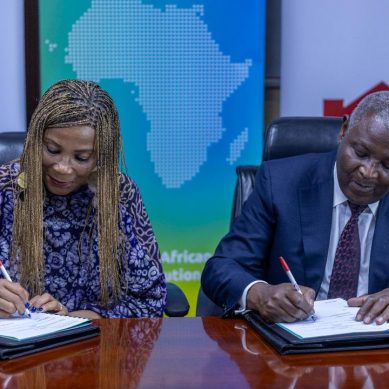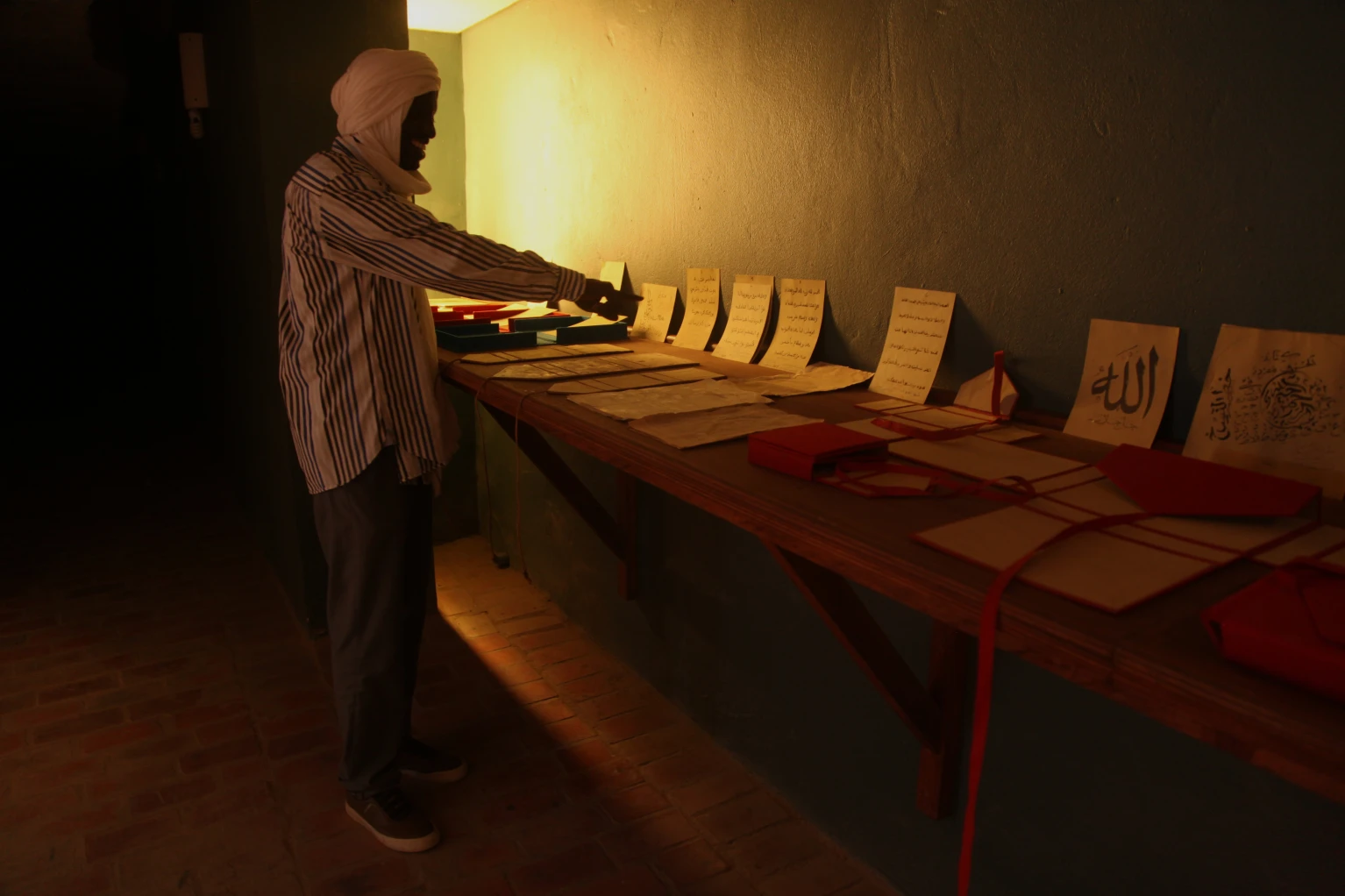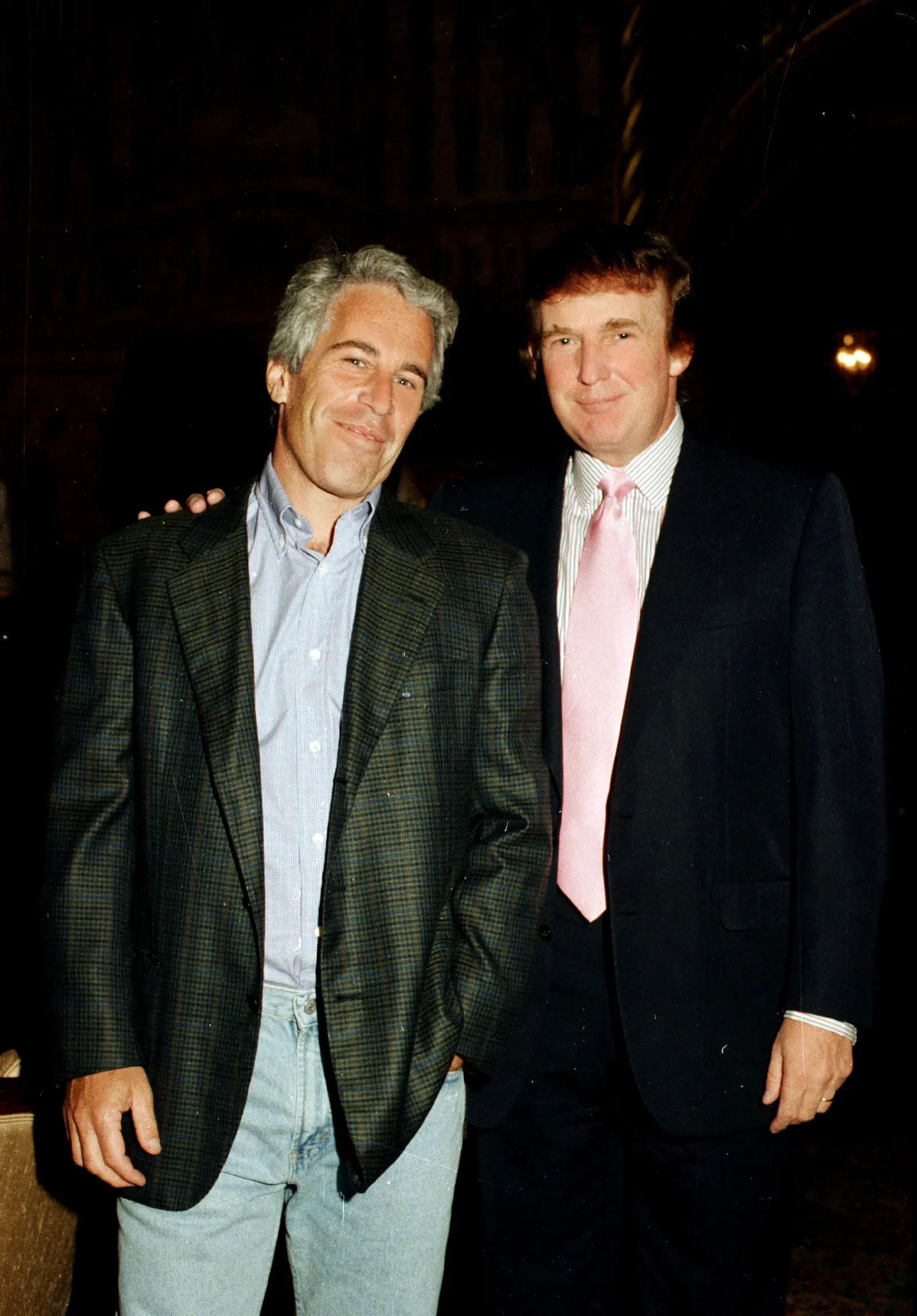
The world’s oldest president, Cameroon’s 92-year-old Paul Biya, has won election again, the country’s top court said on Monday after days of protesters’ clashes with security forces left at least four people dead as opposition supporters demanded credible results.
Biya has led the central African nation since 1982, ruling longer than most citizens have been alive. Over 70 per cent of the population of almost 30 million is below 35. The October 12 election has displayed growing tensions between Africa’s youth and its many ageing leaders.
While it is still subject to confirmation, Biya is provisionally the world’s oldest president on record ever elected. Born on February 13, 1933 he was appointed the fifth prime minister of Cameroon from 1975 to 1982 and became the West African country’s second president from 1982 to present.
“He was re-elected – as the sole candidate – in 1984 and 1988, and despite the introduction of multi-party politics in the 1990s, his Cameroonian People’s Democratic Movement (RDPC) has, according to the BBC, ‘won landslide majorities in every parliamentary election since 1992,’” according to Guinness World Records Book.
The Constitutional Council said Biya received 53.66 per cent of votes while former ally Issa Tchiroma Bakary got 35.19 per cent. The turnout was 57.7 per cent.
In a social media post after the announcement, Tchiroma asserted that security forces had shot at civilians, killing two in his hometown of Garoua.
“Shooting point-blank at your own brothers – I can’t help but wonder if you’re mercenaries,” he posted. “Kill me if you want, but I will liberate this country by any means necessary. What blatant impunity.”
There was no immediate comment from authorities.
Tchiroma claimed victory days before Monday’s announcement, citing results he said were collated by his party. Biya’s party members dismissed the claim.
The four protesters had been shot dead in Douala, the economic capital, on Sunday, as hundreds of people stormed streets in several cities.
Biya’s decision to seek another term angered youth and the opposition, which has accused him of having a hand in the disqualification of his strongest rival and using “state machinery” to manipulate the election.
Videos online showed protesters clashing with security forces, who fired teargas and tried to disperse people barricading major roads in Douala and other cities, including Garoua and Maroua in the north.
Samuel Dieudonne Ivaha Diboua, governor of the Littoral Region that includes Douala, said several members of the security forces were injured by protesters. He said at least 105 protesters were arrested.
Dozens of opposition supporters, activists and leaders had been arrested in recent days, including several that Paul Atanga Nji, minister of territorial administration, asserted had been plotting violent attacks.
“I am ready to stake my life to defend my vote. I voted for Tchiroma because I want change,” said one protester, Oumarou Bouba, a 27-year-old trader in Maroua.
Following the announcement of election results, Sani Aladji, a 28-year-old hotel worker in Maroua, said: “Nothing will change. I expected that Issa Tchiroma would bring change, which is why I voted for him. There’s rampant corruption under Biya’s regime. We are tired of that.”
But one Biya supporter, Flicia Feh, said she believed that he remains the man for the job.
“Our president campaigned on hope,” she said. “He started so many projects, like the Yaoundé-Douala motorway, and it’s just normal that he is given more time to complete what he started.”
Cameroon’s government said over 5,000 national and international election observers were accredited to monitor the election. A group of eight local civil society groups noted several irregularities including the presence of deceased voters on electoral lists, unequal distribution of ballot papers and attempts at ballot box-stuffing.
But the African Union mission said the vote was “conducted largely in accordance with regional, continental and international standards.” Biya first came to power in 1982 following the resignation of Cameroon’s first president and has ruled since then, later benefiting from a constitutional amendment that abolished term limits.
His health has been a topic of speculation as he spends most of his time in Europe, leaving governance to key party officials and family members.
Critics accuse Biya of leading Cameroon from a period of relative stability into one of crisis and conflict. The country in recent years has faced attacks by Boko Haram militants in the north and a secessionist insurgency in the English-speaking North West and South West regions. That crisis, triggered by government attempts to impose French in schools and courts, has killed nearly 7,000 people, displaced more than one million and sent thousands fleeing to neighbouring Nigeria.
While Cameroon is an oil-producing country with modest economic growth, young people say the benefits have not trickled down beyond the elites. According to World Bank data, the unemployment rate stands at 3.5 per cent, but 57 per cent of the labour force aged 18 to 35 works in informal employment.
“Many young people across the country and in the diaspora had hoped for change, but that their hopes have been dashed. It feels like a missed opportunity,” said Emile Sunjo, a senior lecturer in international relations at the University of Buea. “Cameroon could potentially slide into anarchy.”
Christopher Fomunyoh, regional director at the National Democratic Institute for International Affairs, said Cameroon’s Constitutional Council “boxed themselves into a corner” and was left with no choice apart from declaring Biya the winner.
All those who were involved should “brace themselves for the inevitable consequences and backlash,” he said.
- An AP report







